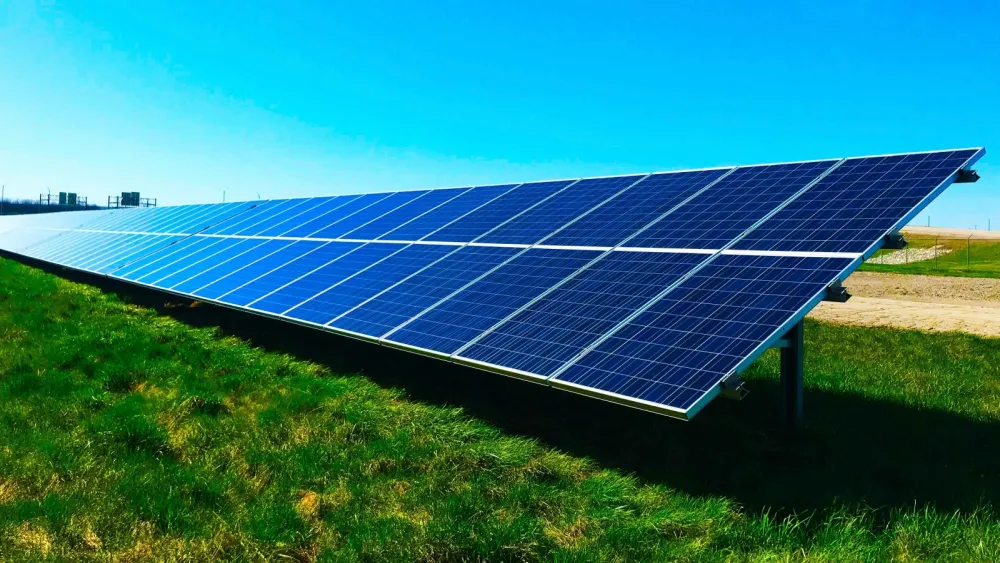ASEAN faces energy security risks amidst import dependence
Flexible grids are crucial to stabilising the region’s energy future.
ASEAN countries face significant challenges in securing their energy supply as they continue to rely heavily on imported oil, which exposes them to price volatility and financial risks.
“Southeast Asia as a whole pays about $130 billion each year for imported oil,” said Tim Gould, Chief Energy Economist at the International Energy Agency (IEA). As global oil prices fluctuate, this dependence can create issues for balance of payments and complicate government subsidies for essential fuels.
To address these risks, ASEAN’s energy security efforts are shifting toward creating a more resilient, diversified electricity system that can support growing demand. As countries in the region increasingly adopt renewable energy sources, the electricity grid must evolve to manage the variability in supply, especially as cooling demands rise.
“The watchword for the future of electricity security is flexibility,” Gould stated, noting that robust, interconnected grids are vital. Moving toward a regional grid interconnectivity model would enable ASEAN nations to balance electricity supply more effectively across borders, improving resilience during peak demand and shortfalls in generation.
Gould also highlighted the importance of flexible, dispatchable energy generation to support the incorporation of renewables, such as wind and solar. He emphasised the need for consumers to receive timely signals about when to adjust consumption based on energy availability. Emerging technologies, such as artificial intelligence, could play a critical role in optimising energy management and balancing variable supply within ASEAN’s electricity system.



















 Advertise
Advertise







Commentary
What a $635b investment push could mean for India’s refineries and thermal power plants